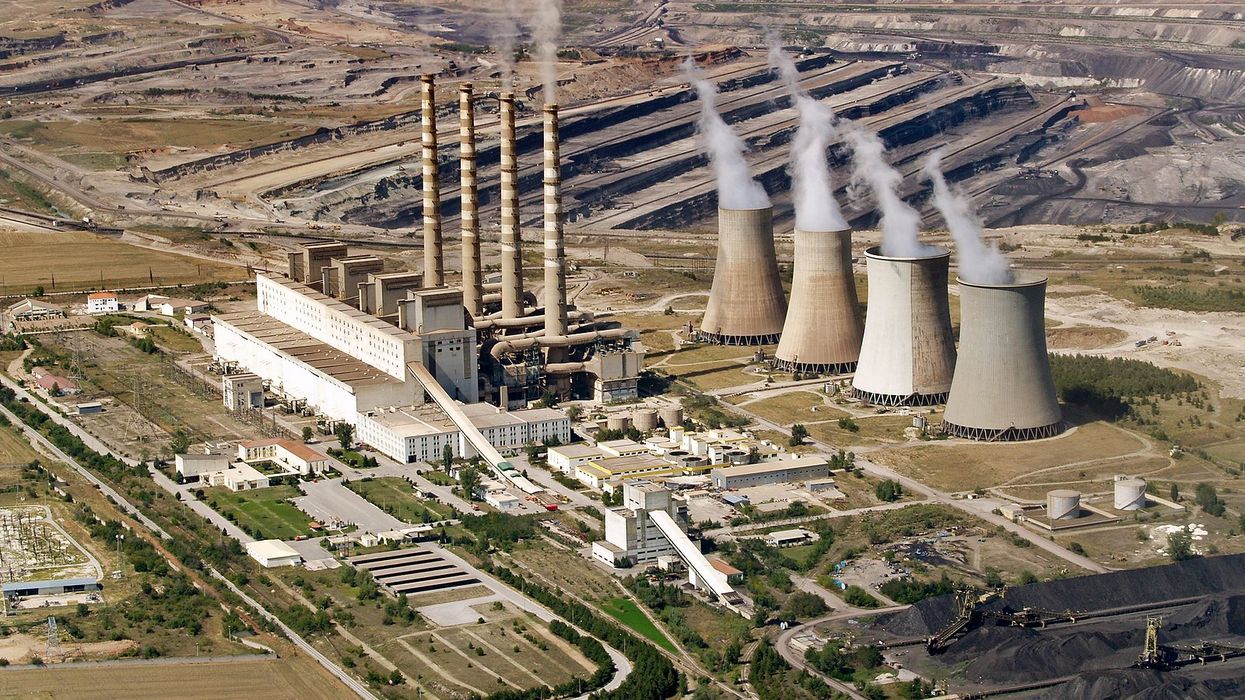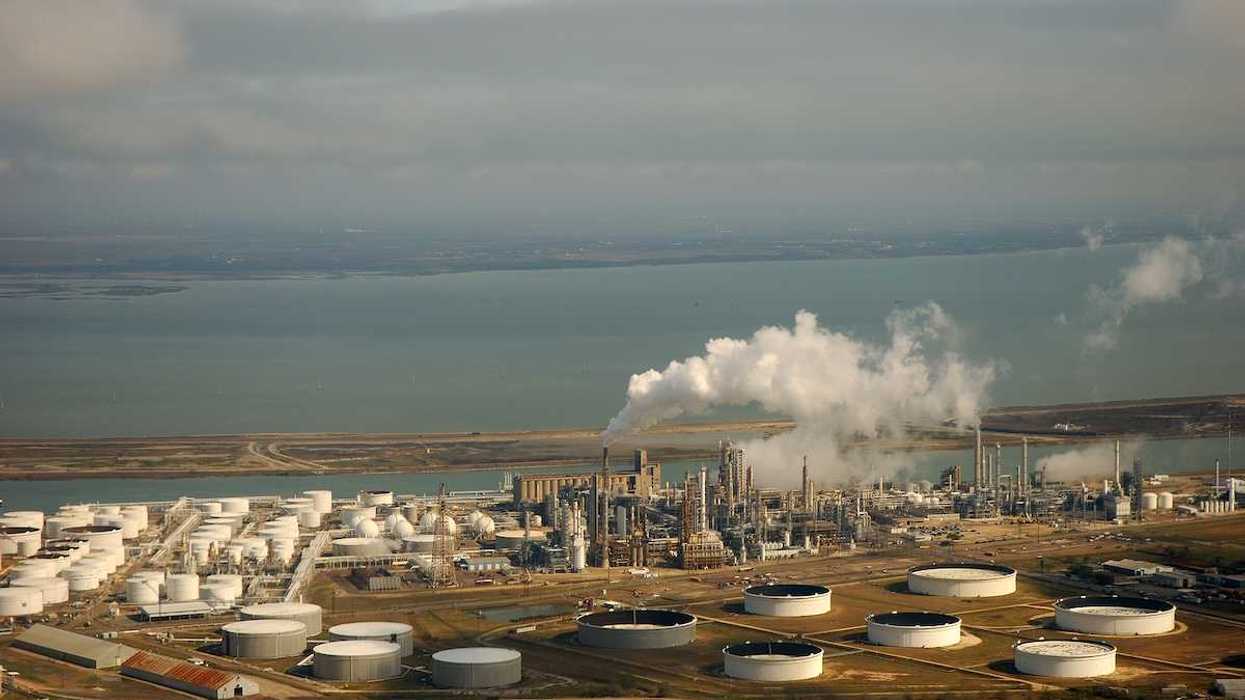Some of the nation’s largest coal plants are postponing planned retirements due to increasing electricity demand and policy uncertainties, despite the long-term decline of coal as an energy source.
Dan Gearino reports for Inside Climate News.
In short:
- Operators of several major U.S. coal plants, including the Bowen plant in Georgia, are reconsidering retirement timelines due to forecasts of higher power demand.
- Recent policy shifts, such as potential rollbacks of environmental regulations under the Trump administration, are creating uncertainty for plant owners.
- New coal plant construction remains unlikely, as renewable energy and natural gas dominate new power development.
Why this matters:
Extending the lifespan of coal plants means higher greenhouse gas emissions, worsening climate change. Despite short-term delays, coal is still being replaced by cleaner energy sources, but these pauses slow the transition.
Related EHN coverage: When coal plants decrease pollution or shut down, people have fewer asthma attacks














